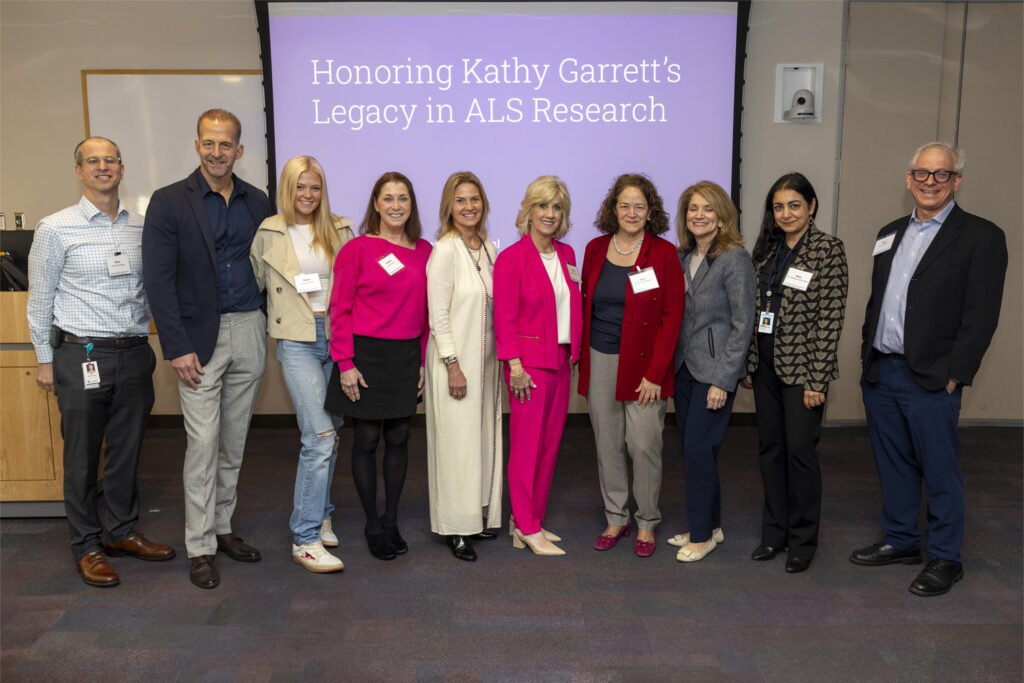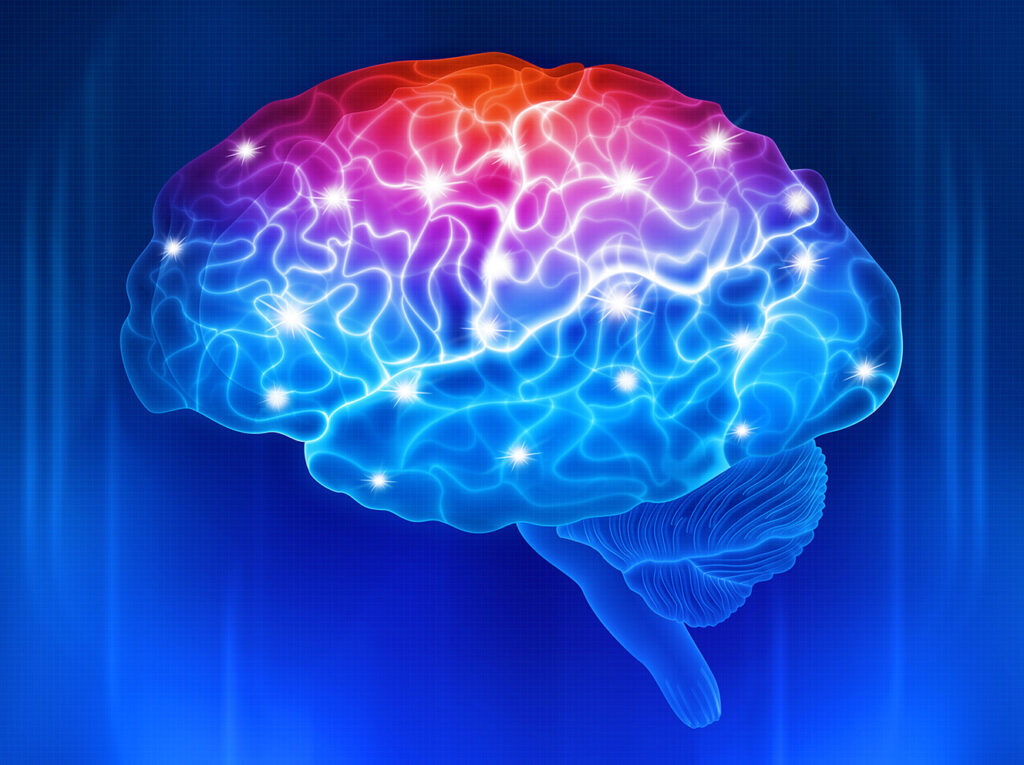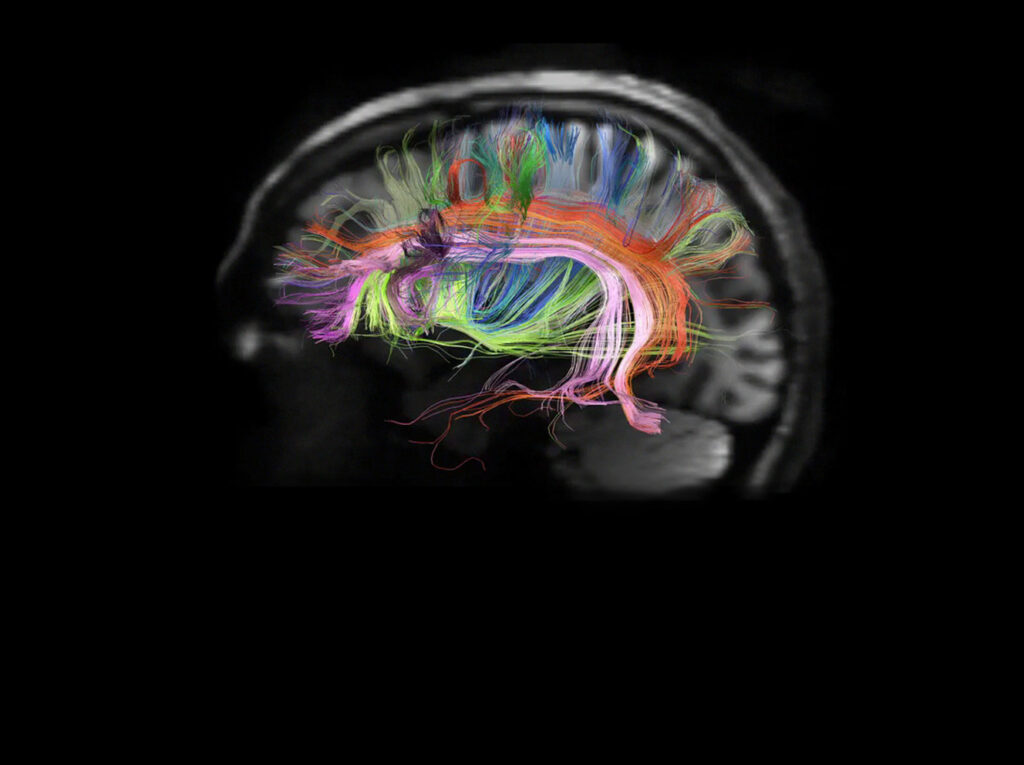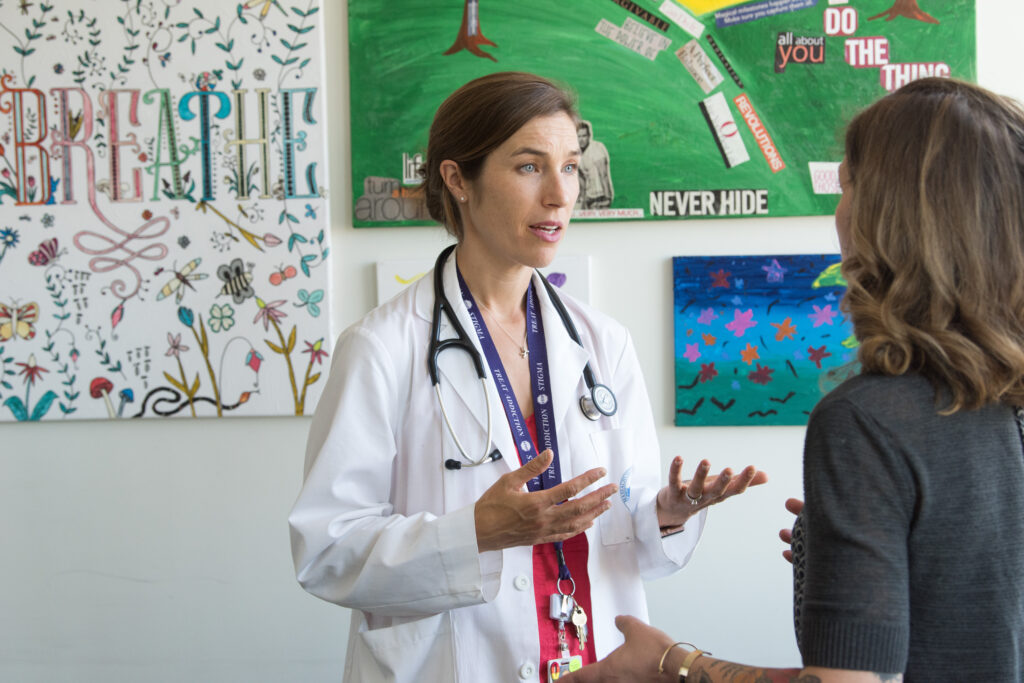In 2017, there were 345 mass shootings in the United States, an average of nearly one a day, resulting in 437 deaths and 1,798 injuries. Since 2013, there have been nearly 312 shootings in schools, including at least 46 in 2018.
How then, can we help our kids make some sense of tragedies like these, and put them into perspective?
So, how do we respond to these horrifying incidents? As with any crisis, we can expect media coverage to extend across our televisions, computers and mobile devices. The worry evoked is therefore exponential, and as parents and educators, we must consider the impact on the most impressionable and vulnerable among us — our kids.
The sad and scary truth is that murders do occur in the U.S. with some regularity. But, for a population of more than 300 million, thankfully, they do not touch most of us directly. The fact remains — even on days when it doesn’t feel so — that we are fortunate to live in a fundamentally safe nation.
How then, can we help our kids make some sense of tragedies like these, and put them into perspective?
Here are some basic tips for parents:
Toddlers and Preschoolers
Very young children are more disturbed by their parents’ and caregivers’ distress than by the actual event. They may not fully understand what happened, or see it as more than an act on TV. That’s why they’re comforted more by your actions than your words. Be careful how you present yourself to them, both emotionally, and in conversation with others. Naturally, they will pick up on your reactions.
- Expect young children to regress a bit emotionally. They may become clinging or whiny, have difficulty sleeping, or start wetting their beds. The more patient and reassuring you are, the more quickly these episodes will pass.
- If you wish to watch or listen to news coverage, do so while your very young children are not in the room; they do not yet have the ability to put the frightening images they see into perspective.
Assure them that it’s all right for them to be upset, and that you’ll do everything you can to protect them.
School-Aged Children
Encourage your school-aged children to share their feelings and concerns with you. Reports of the shooting may frighten them, even if they’re afraid or embarrassed to admit it. Assure them that it’s all right for them to be upset, and that you’ll do everything you can to protect them.
- You might ask what specifically worries them. Given the gunman’s relationship to the victims in some incidents, it’s wise to reassure them that you work in a very safe place—and, that even though you might have disagreements with coworkers, that you solve your problems with words, not violence.
- Remember that children often work through emotional issues with play instead of words. Don’t be surprised if your children use toys to replay the images they’ve seen or imagined. This is healthy. It can also give you insight into their fears and misunderstandings.
- Expect that your children might ask the same questions several times. Be patient. By asking these questions, they’re showing you that they trust you and what you say.
- We would not recommend permitting school-aged kids to follow news coverage of this event. However, if they have already seen or heard about the breaking news, be available to clarify their concerns.
- Remind your children that there are many more good people in the world than there are bad people, and that the good people will always try to take care of and protect them.
Adolescents may be scared; they will wonder what this means for the lives they’ll lead as young adults.
Teenagers
Adolescents may be scared; they will wonder what this means for the lives they’ll lead as young adults. They may struggle with questions about justice, power, the use of weapons — issues that directly relate to violent events.
- Let your teenagers listen as you discuss the event with other adults. If they choose to chime in, welcome their participation — even if you might disagree with what they have to say. Simply talking things out will help them to put their concerns into perspective. For example, they may wish to talk about gun control. Welcome these discussions, as they will certainly play out in the media.
- Sit with them as they watch the news coverage. Comment on what you’re seeing, and listen openly to what they have to say.
- Sometimes it’s easier for teens to talk about disturbing things when they don’t have to look you in the eye. Some of the best discussions take place while you’re doing something else, such as playing a game, driving in the car, or doing household chores.
- Share your feelings with them. This gives adolescents permission to do the same with you.
Three Fundamental Questions
If nothing else, remember that kids of any age will want to know the answer to these three fundamental questions:
- Am I safe?
- Are you, the people who take care of me, safe?
- How will this event affect my daily life?
First and foremost, it’s our responsibility to comfort and reassure our kids, and to shield them from living with paranoia and excessive fear. Then, let’s work together to find ways to help us all be kinder, more gentle people who oppose solving conflict through violence.
To make a donation to support the work of Mass General’s Clay Center for Young Healthy Minds, please contact us.
A longer version of this article first appeared on the Clay Center for Young Healthy Minds website.







